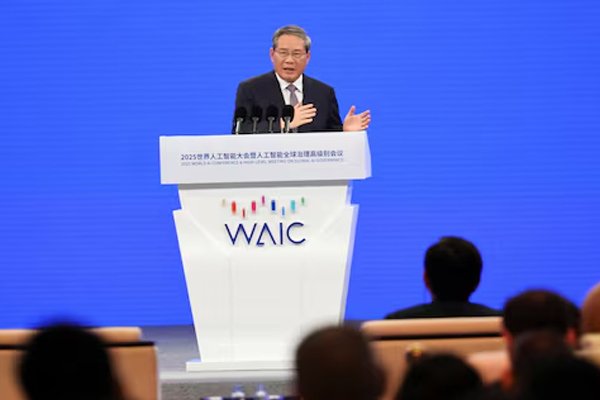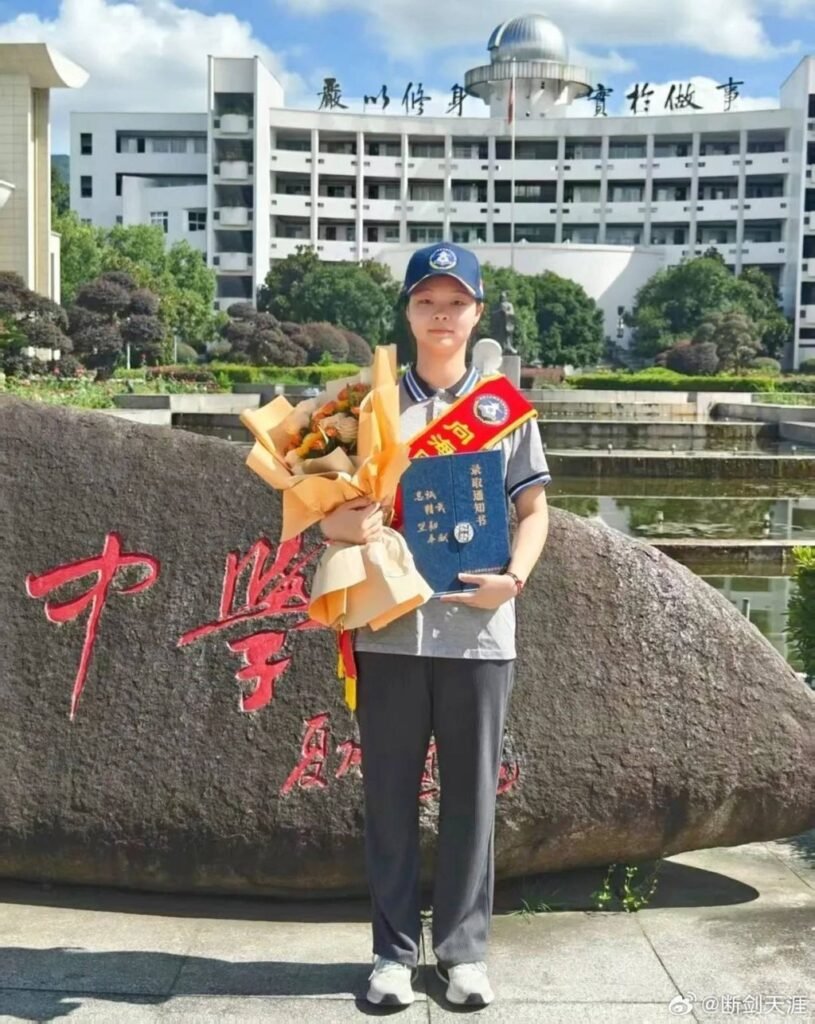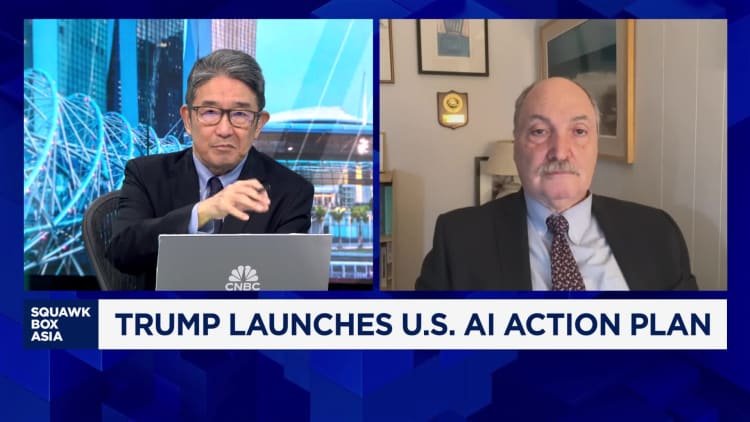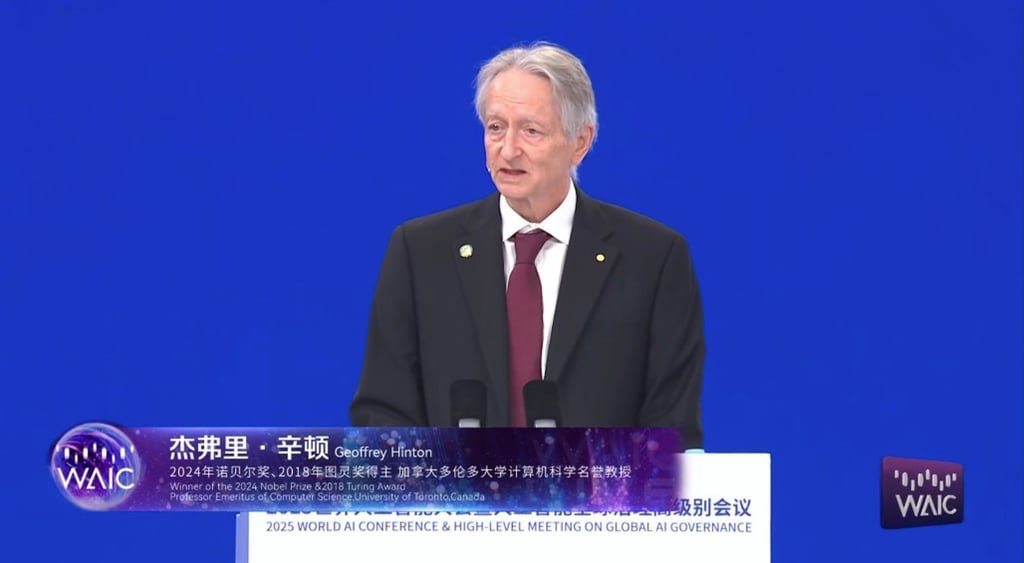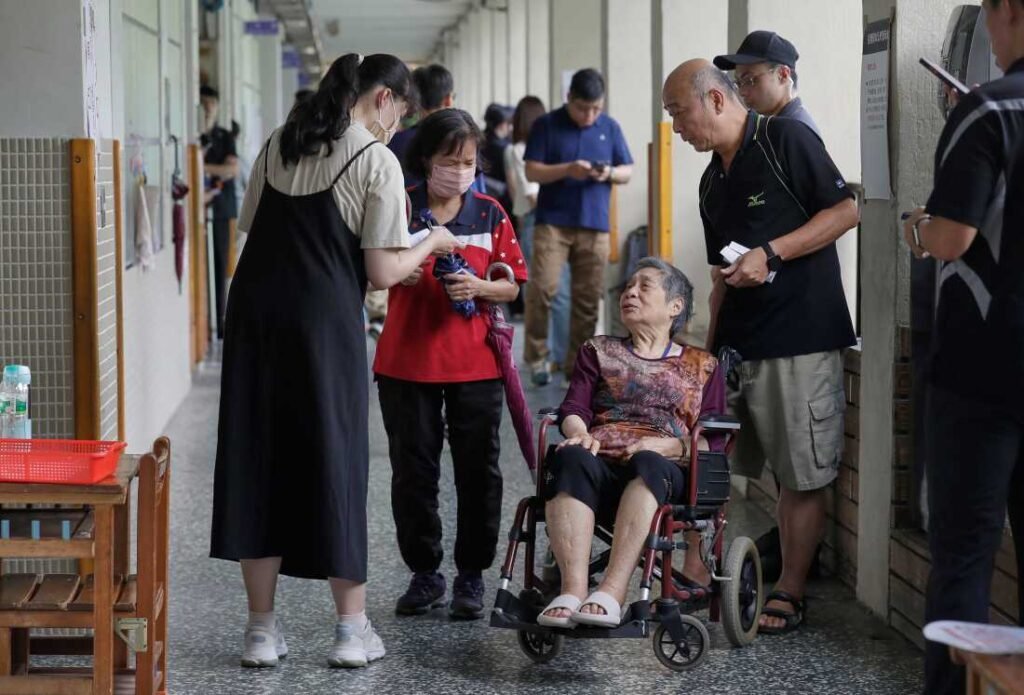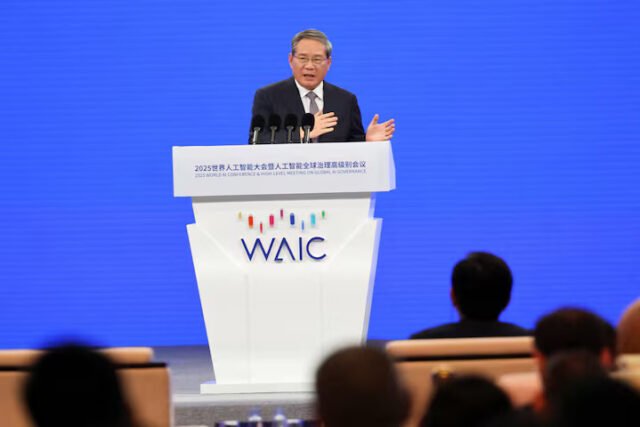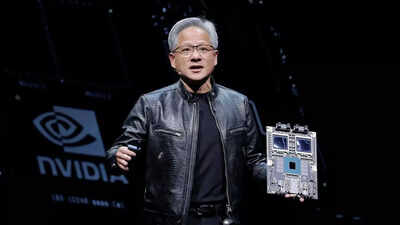
Nvidia has issued a strong warning against the use of unauthorised chips in data centers, calling it a “losing proposition” both technically and economically. The statement from the world’s most valuable company comes in the wake of a recent report which alleged that at least $1 billion worth of Nvidia’s AI chips have been illegally smuggled into China. Not only that, last month a report said that Chinese companies are resorting to ‘unconventional’ ways, including carrying hard drives with AI training data in suitcases to other countries, to bypass US restrictions on high-end AI chips.“Trying to cobble together datacenters from smuggled products is a losing proposition, both technically and economically. Datacenters require service and support, which we provide only to authorised NVIDIA products,” an Nvidia spokesperson told CNBC.A Financial Times report detailed that these illicit shipments of Nvidia’s AI chips entered China despite President Donald Trump’s restrictions on the sale of the company’s H20 chips to the world’s second-largest economy. Furthermore, the report, citing sales contracts, company filings, and informed sources, stated that Nvidia’s B200 chips, which are also prohibited from sale in China, have become popular on the black market.Chinese distributors reportedly began selling these restricted chips in May to data center suppliers, whose clientele includes various Chinese AI groups.
How China is smuggling US-made high-end AI chips
Since 2022, stringent US export controls on high-end AI chips, driven by national security concerns, have significantly impacted Chinese firms’ access to cutting-edge American technology. This has forced them to explore various workarounds, from developing domestic alternatives to engaging in illicit activities like smuggling, and increasingly, processing data in overseas locations.According to a report by the Wall Street Journal, while some Chinese companies have begun substituting American chips with domestically produced alternatives, others have resorted to smuggling AI hardware through third countries to circumvent the controls.However, increased pressure from the US has made smuggling a more difficult proposition. This has pushed Chinese firms towards a new strategy: processing data outside of China in regions like Southeast Asia and the Middle East. “This was something we were consistently concerned about,” Thea Kendler, former head of export controls at the Commerce Department under the Biden administration, told the WSJ, referring to the remote access Chinese firms maintain to US AI chips.
Chinese companies using AI infrastructure in other South Asian countries to train AI models
The WSJ report says that Chinese companies employed elaborate strategies to circumvent stringent US restrictions on advanced AI chips.For example, in one instance in March, four Chinese engineers reportedly flew from Beijing to Malaysia, each carrying suitcases filled with 15 hard drives containing 80 terabytes of data. At a Malaysian data centre, they utilised approximately 300 servers equipped with advanced Nvidia chips to develop an AI model, which they subsequently brought back to China.This operation involved planning, including weeks spent optimising data sets in China to avoid lengthy online transfers.
7 Reasons that make Samsung GALAXY Z FLIP7 different from others

